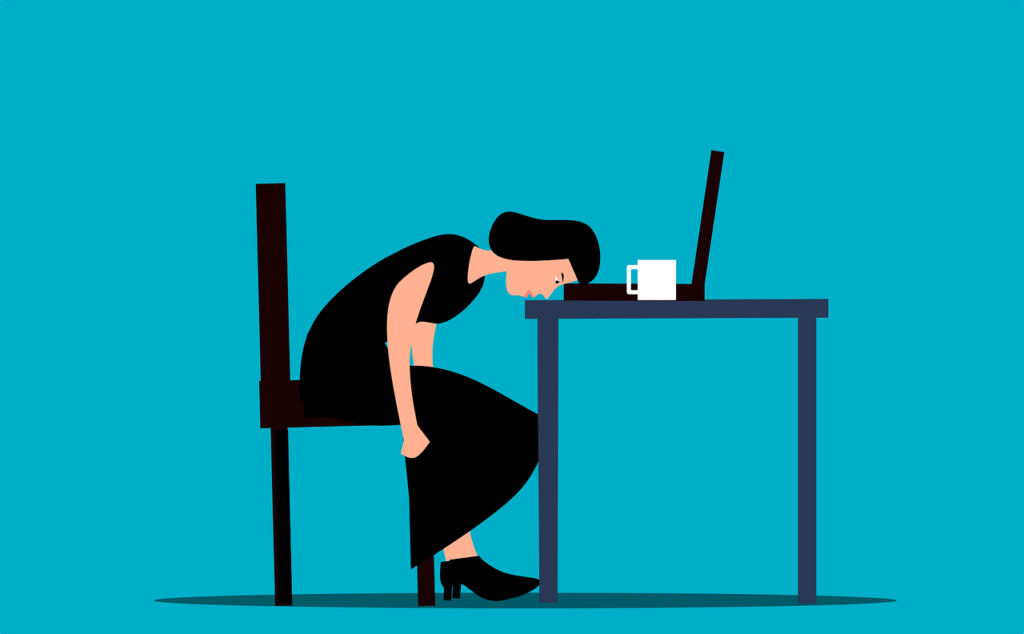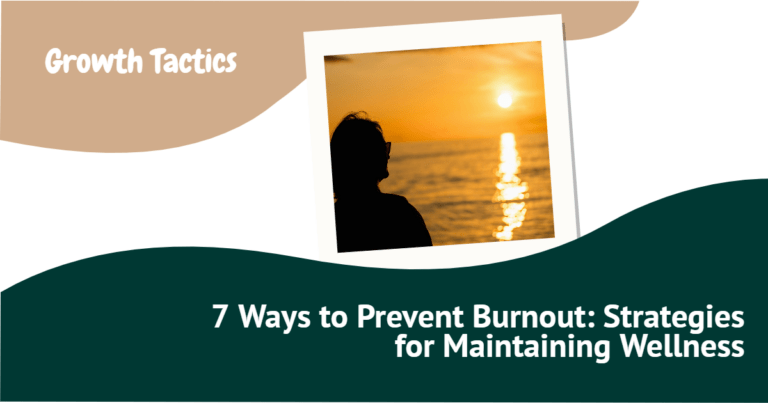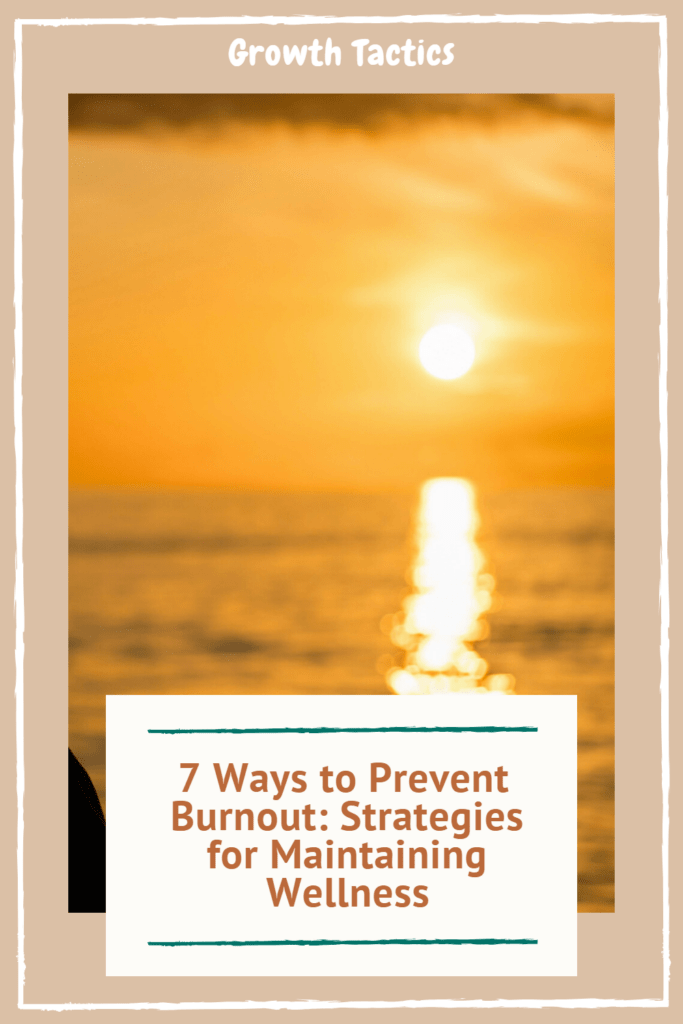Burnout is defined by the World Health Organization as a syndrome resulting from chronic workplace stress that has not been successfully managed. The main symptoms of burnout include emotional exhaustion, cynicism and negativity towards one’s job, and reduced professional efficacy.
Rates of reported burnout have increased in recent years, with some studies suggesting over 50% of employees experience high levels of burnout. The COVID-19 pandemic also led to increased burnout, especially among frontline healthcare workers.
Burnout can negatively impact mental health through increased anxiety, insomnia, and depression. It is also linked to serious physical health effects like hypertension, type 2 diabetes, and cardiovascular disease.
Preventing burnout is critical for maintaining productivity, engagement, and satisfaction at work. It also protects physical health and overall well-being. Organizations that promote burnout prevention through workplace policies and culture see substantial returns through higher retention rates and performance.
On an individual level, identifying signs of burnout early and taking action to improve work-life balance and manage stress can stop burnout before it becomes severe. Learning healthy habits and creating the right conditions for wellness helps individuals sustain energy, and motivation and prevent burnout over the long term.
Jump To Section
Recognize the Signs of Burnout

Burnout is characterized by three main dimensions:
Emotional exhaustion – This refers to feelings of being overextended and depleted of emotional and physical resources. People experiencing burnout often feel drained, unable to cope, and tired even after resting. They may lack the energy to engage fully in their work.
Lack of accomplishment – Individuals facing burnout tend to have reduced productivity and achievement in their work. They feel incompetent and unable to complete tasks, even if they were previously successful. This exacerbates stress and diminishes self-esteem.
Detachment from work – People with burnout often become cynical, critical, and distant from their jobs. They may view their work negatively or develop apathy and indifference. This leads to decreased satisfaction and engagement.
Paying attention to these three aspects can help identify burnout before it escalates. Look for chronic exhaustion, reduced sense of productivity, and emotional distance from work. Recognizing symptoms early on provides an opportunity to take action and prevent further deterioration.
What Are 7 Ways to Prevent Burnout?

Get Enough Quality Sleep
Sleep is essential for mental and physical health. Adults should aim for 7-9 hours of sleep per night, while teens need 8-10 hours, and children need even more. Getting enough high-quality sleep is crucial for preventing burnout.
When we’re sleep-deprived, we feel drained, irritable, and struggle to concentrate. Our work performance and productivity plummet. Sleep loss has been linked to impaired immune function, weight gain, heart disease, and mental health issues like depression.
To get better sleep:
- Stick to consistent bed and wake times, even on weekends
- Avoid screens and stimulating activities before bedtime
- Create an optimal sleep environment that’s cool, dark, and quiet
- Limit caffeine, especially late in the day
- Establish a calming pre-bed routine like reading or light yoga
- Keep your bedroom for sleep only, not work or entertainment
Making sleep a priority can leave you feeling refreshed and focused for each new day. Quality rest helps you manage stress and tackle challenges productively. By taking steps to improve your sleep habits, you’ll have the energy needed to prevent burnout.
Practice Mindfulness and Self-Care
Burnout often stems from chronic stress, overwork, and lack of balance between demands and resources. Practicing regular mindfulness and self-care can help manage stress levels and prevent reaching the point of burnout.
Daily meditation, yoga, or exercise provides time to clear the mind, focus on the present, and recharge both mentally and physically. Even just 5-10 minutes per day of mindfulness meditation has been shown to reduce anxiety and boost wellbeing. Consider taking a yoga class or going for a walk during lunch breaks. Daily movement and meditation establishes healthy habits that build resilience against burnout over time.
Take regular breaks throughout the workday, even if just stepping away briefly from the computer. Breaks provide mental breathing room and help avoid getting overly fixated or overwhelmed. Go for a short walk around the office or building. Stretch your legs and give your eyes a rest from the screen. Eat lunch away from your desk to fully recharge.
Set firm boundaries regarding after-work availability for emails or calls. Disconnect during evenings, weekends, and vacations to prevent work from bleeding too far into personal time. Boundaries allow your mind to fully shift gears and rejuvenate outside of work hours. They also demonstrate self-respect regarding your personal needs.
Maintain a Healthy Diet
What we put into our bodies has a direct impact on our energy levels and ability to manage stress. An unhealthy diet high in caffeine, alcohol, sugar, and processed foods can increase feelings of anxiety and exhaustion. On the other hand, a diet rich in whole foods, vegetables, fruits, proteins, and healthy fats provides the nutrients needed for optimal energy and focus.
To maintain energy and prevent burnout, be mindful of your diet and aim to:
- Reduce caffeine, alcohol, and sugar intake which can lead to energy crashes. Caffeine and sugar may provide short bursts of energy but are not sustainable long-term energy sources.
- Eat more whole foods – fruits, vegetables, whole grains, lean proteins, nuts and seeds. Whole foods provide balanced nutrition to power you through the day.
- Stay hydrated by drinking enough water. Dehydration can drain energy. Aim for at least eight 8-ounce glasses of water per day.
- Limit processed foods which tend to be high in sugar, unhealthy fats and salt. Processed foods lack nutritional value compared to whole foods.
- Eat regular well-balanced meals and healthy snacks. Don’t skip meals which can lead to poor concentration and decision making.
Paying attention to nutrition will help you feel energized, focused, and better equipped to take on daily challenges and stressors. A healthy diet provides key nutrients and long-lasting energy to power you through demanding days.
Set Reasonable Workloads and Schedules

One of the most common causes of burnout is taking on too much—having an unreasonable workload or schedule that leaves you overwhelmed. When you’re juggling too many responsibilities without enough time for self-care, stress builds up and burnout becomes inevitable.
To prevent burnout, be realistic about how much you can handle. Don’t overcommit to projects or agree to workloads that seem unattainable. It’s easy to keep saying yes in the moment, but the cumulative stress adds up. Give yourself permission to say no sometimes.
Take regular vacations and disconnect from work completely. Build in recovery time to recharge. Trying to work nonstop will drain you. Schedule time off well in advance so you have something to look forward to.
Limit after-hours work as much as possible. Avoid checking emails first thing in the morning or right before bed. Set boundaries with co-workers on your availability outside normal work hours. Make time for your personal life.
Working reasonable hours and taking real breaks allows you to be more focused when you are working. By not overextending yourself, you’ll have the energy and stamina needed to sustain high performance and avoid burnout.
Foster Supportive Work Relationships
Having supportive relationships at work is crucial for preventing burnout. When you have people you can rely on, it reduces isolation and creates a sense of shared purpose. Here are some tips for building positive connections:
- Communicate needs clearly. Don’t assume your coworkers or manager know what you need. Speak up about your workload, schedule, or other challenges proactively. Giving clear and direct feedback helps prevent resentment from building up.
- Rely on coworkers. Get to know your team and feel comfortable asking for help when you need it. Coworkers can cover tasks or projects during times of high stress. Offer to do the same when others are overwhelmed.
- Build trust and empathy. Listen with an open mind to coworkers’ perspectives. Don’t criticize others’ choices or make assumptions. Express appreciation and validate their contributions. Working relationships thrive when people feel respected.
- Collaborate and share. Work together to solve problems and brainstorm ideas. Celebrate group accomplishments, not just individual ones. Avoid competing with coworkers and focus on shared goals.
When you make connections at work, you gain energy and inspiration from those around you. You realize you’re not alone in dealing with workplace stressors. With supportive colleagues, you can prevent burnout together.
Make Time for Hobbies and Social Connections

It’s easy to let work take over your life, leaving little time for social connections and hobbies you enjoy. But making time for fun and relationships outside of work is crucial for preventing burnout.
Schedule activities that energize you and bring you joy, like meeting up with friends, joining a recreational sports team, taking an art class, or pursuing a new hobby. These enjoyable distractions give your mind a break from thinking about work.
Carve out designated time slots in your calendar for social activities or hobbies so they don’t get crowded out by work demands. Even just an hour or two a few times a week can make a difference.
Prioritize spending quality time with your spouse, children, extended family, and close friends too. Share meals together, have game nights, go on weekend outings, or just relax and talk. Strengthening these core relationships helps build your resilience against burnout.
Having non-work interests and people in your life you care about provides meaning, purpose, and renewal. It gives you something positive to look forward to outside of your job. Make social connections and enjoyable hobbies a regular part of your routine to prevent burnout.
Improve Time and Priority Management
Effectively managing your time and setting priorities is key to preventing burnout. When you feel overwhelmed by everything on your plate, it’s easy to lose focus.
First, make a list of your tasks and goals for each day or week. Identify which tasks are high priority versus low priority. Schedule time on your calendar to complete high-priority tasks first without interruption.
Set SMART goals – goals that are Specific, Measurable, Achievable, Relevant, and Time-bound. This helps provide focus and gives you a sense of progress as you check items off your to-do list.
Minimize digital distractions by turning off notifications, closing extra browser tabs, avoiding social media during work hours, and putting your phone away while trying to focus. Declutter your physical workspace as well.
By improving organization and effectively managing your time and priorities, you can feel more energized and in control. Prevent burnout by tackling important tasks first and minimizing unnecessary stressors. Say “no” to extra duties if they are pushing you into burnout territory.
Ask for Help When Needed
Burnout often makes people want to isolate and withdraw from others. However, asking for help and support is crucial for overcoming burnout. Reach out to colleagues, friends, or professionals when you’re experiencing burnout symptoms.
Talk to your manager if certain work demands are causing you to feel overwhelmed. See if responsibilities can be reassigned or deadlines extended. Don’t suffer in silence – speak up if your workload needs adjusting.
Lean on trusted co-workers for support. Confide in them about the stress you’re under and get their advice. They may have innovative solutions or be able to lend a hand with tasks.
Don’t neglect your personal relationships either. Make time for loved ones and share what you’re going through. Their encouragement can lift your spirits and remind you that you’re not alone.
Consider seeking counseling or therapy if burnout persists. Mental health professionals can offer coping techniques tailored to your situation. Joining a support group can also help surround yourself with people who understand.
Dealing with burnout in isolation often worsens the problem. Have the courage to vocalize your struggles and allow others to help bear the burden. You don’t need to fix this by yourself – support is available if you just ask.
Conclusion
Mastering self-management skills is crucial for achieving insane success. By developing a strong foundation in time management, emotional regulation, and effective decision-making, individuals can enhance their productivity and achieve their personal and professional goals. The journey to self-mastery requires commitment and continuous learning, but the rewards are significant, paving the way for a fulfilling and successful life. Thus, investing in self-management skills not only propels us toward our aspirations but also ensures a balanced and meaningful existence.


